Children’s Mental Health Week is the perfect time for youngsters to look at the strength that golf can offer, on and off the course
Youngsters can feel the weight on their shoulders. Post-Covid, and in the maelstrom of a digital world where identity and purpose are seemingly endless questions; add in exam pressure and families under financial stress and it’s clear that many young people today face extreme versions of the angst that they must traditionally wade through. So… the physical and mental outlets, and the joy and sense of belonging found in sport, can create the havens that previous generations perhaps took for granted, providing a welcome beacon of light to young participants.
And the sport of golf, once seen arguably as an aloof, elitist game for older people, is now playing a striking role (that Golf for Good vibe) in schools, community groups and clubs.
Our team at the Golf Foundation has always put children first, we are a young persons’ charity. But since the onset of Covid we have recognised that golf, and its unique learnings and life skills, can offer a major support for young people as they navigate their way through school and peer group pressures, and more.
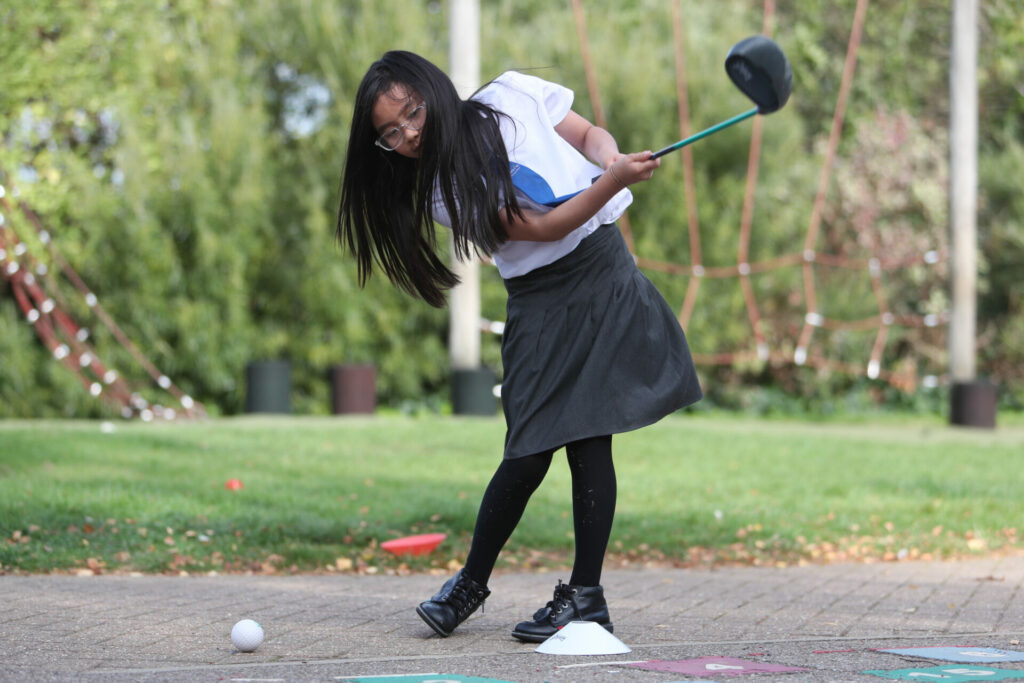
One youngster when talking to us about golf – something he was a million miles from last year – told us: “It sets your head in the right place instead of stressing about other things. As soon as I hit that ball, I imagine it’s a thing in my head and whack it away!”
It is no accident we have tailored our programmes in recent times in such a way to give maximum benefit to children, bolster their wellbeing and give them the ‘mental toughness’ tools to face these hurdles. These build confidence while offering the fun and skills learning for new players which they can benefit from today, and for the rest of their lives incidentally. (Lots of our young golfers enjoy playing with parents and grandparents, and not many sports create that feeling!)
Research on the mental health of young people in England shows 18% have a probable mental health issue (NHS Digital November 2022), and that children from disadvantaged backgrounds are three times more likely to suffer from a mental health issue (Commission on Young Lives, November 2022). Meanwhile, mentally tough adolescents are associated with better physical and psychological health (Gerber et al, Stress and Health, 2013).
Our charity has recently started the roll-out of our new inclusive golf format of games and learnings, called ‘Unleash Your Drive in Schools’. Following five years of research, including listening carefully to the needs of teachers, these games are specifically designed to instil confidence across all abilities, a feeling of belonging in team games, resilience and focus in performing tasks, and respect for others inside and outside of the classroom.
Our Unleash Your Drive Manager Andy Leigh says: “We offer some superb, easy-to-hit, fun and inclusive equipment and games. But at the core of all this, our programme offers nine mental toughness tools easily acquired through the games. This direct interaction to encourage wellbeing includes breathing exercises to ‘control the fizz inside’, self-reflection skills such as ‘What went well/Even better if’, and methods of focusing on the task in hand using the ‘square of concentration’.
“Everyone can play. The least confident youngsters can succeed in these games. Our mental toughness tools, which run across six golf lessons, encourage children to challenge themselves, while feeling good when they do this. This learning can give youngsters the spring in their step and sense of fun again, something all kids should enjoy as they learn about life.”
In our feedback, a student told us: “I felt really calm with the breathing technique. That will help me in football and other things at school.”
“It was hard hitting the ball at first,” said another youngster. “But we were told to learn from the mistakes by thinking about ‘what went well and even better if’ and being more positive. I’ll use that in other things.”
Andy Leigh added: “Hopefully these tools help within the game of course, but if we can help kids to deal with stress and anxiety in the classroom and playground situations, the hope is we can make a genuine difference when those situations arise at home or out in everyday life as well.”
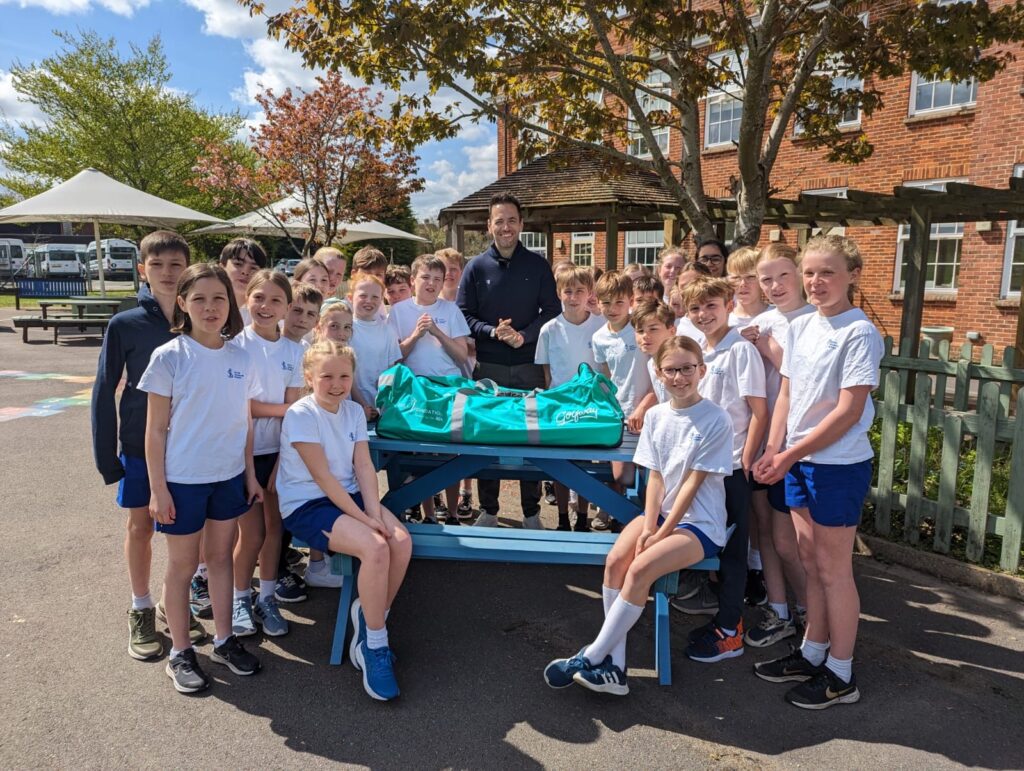
Find out more about our Unleash Your Drive in Schools initiative here
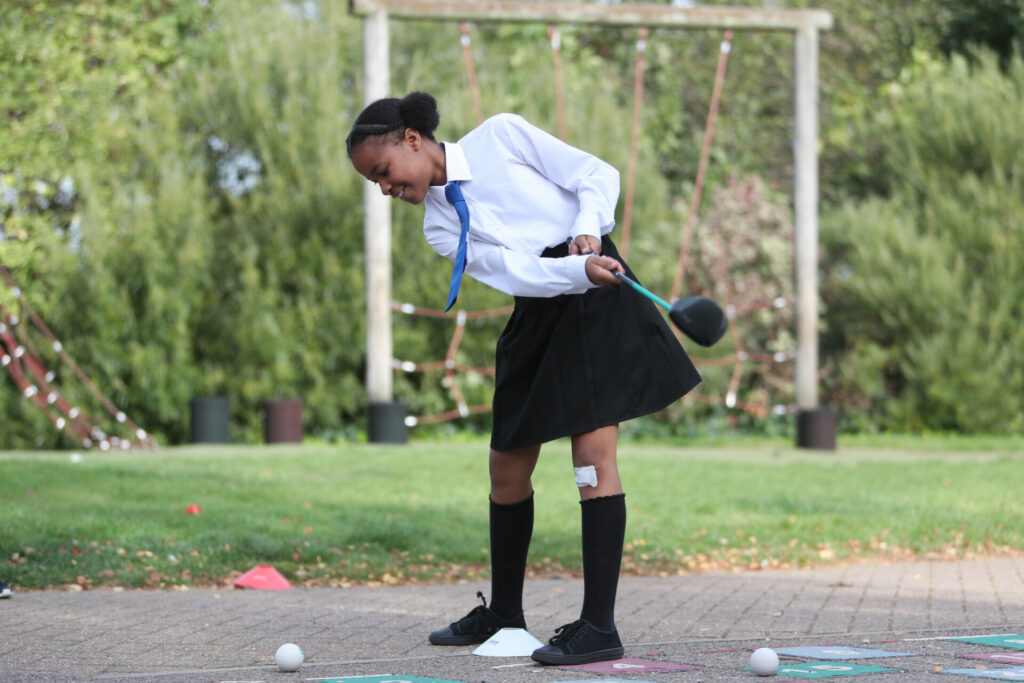
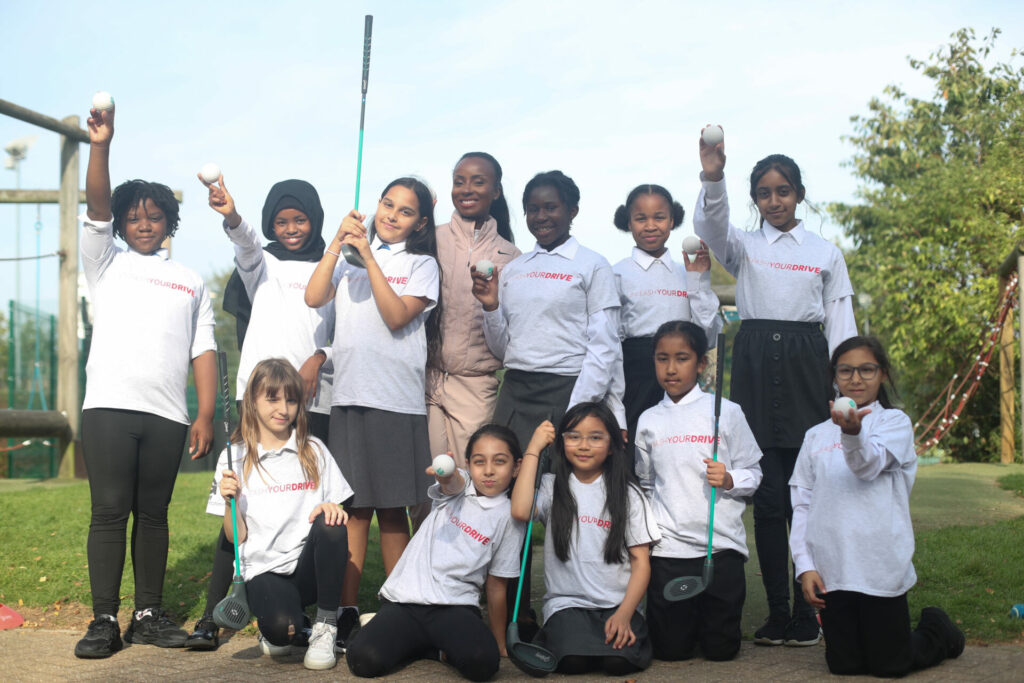
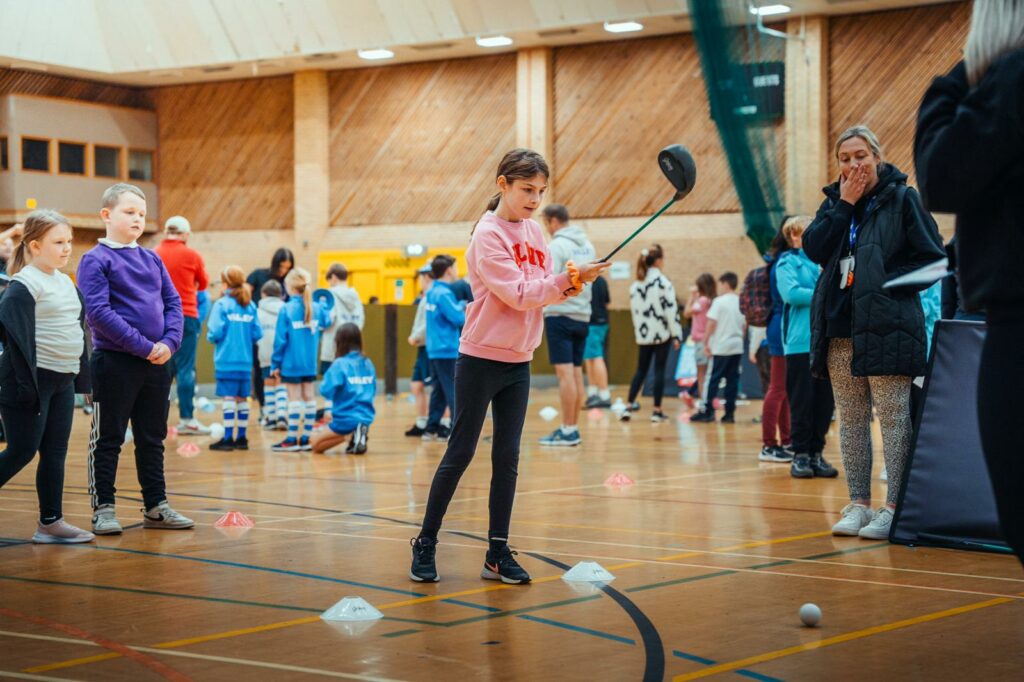
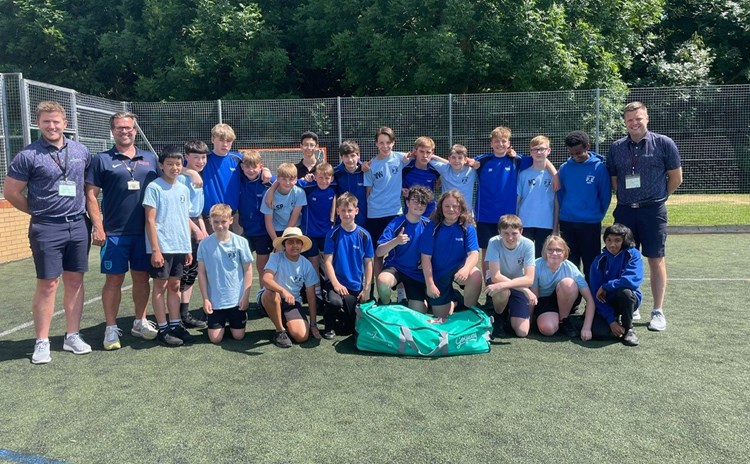

The 9 Mental Toughness tools are:
Positive Self Reflection: Evaluating experience, find a positive, identify strengths and areas for improvement. We frame this as ‘What Went Well’ and ‘Even Better If…’
Focus: Towards the task in hand and eliminating external distractions.
Emotional Control: To maintain composure in challenging situations. Using breathing techniques to ‘control the fizz’.
Visualisation: Creating mental images to enhance performance to build self-confidence. This can be done before, during and after a golf shot or task.
Positive Body Language: To convey confidence, openness, and positivity. This also helps self-confidence.
Self-Talk: Using positive affirmations to boost confidence and motivation. Recognise that our inner voice can be negative, and we can change it.
Self-Compassion: Showing kindness towards yourself during difficult times. Being your own best friend rather than your own worst enemy.
Personal Best: Keep working hard to improve on previous personal achievements, setting individual benchmarks.
Goal Setting: Establish small achievable goals you can commit to and celebrate each one, to guide actions and achieve and measure progress.